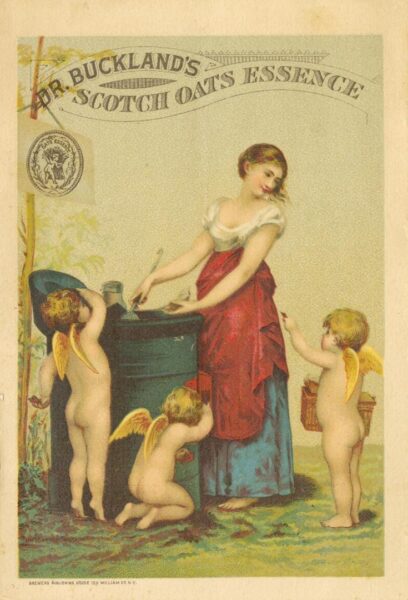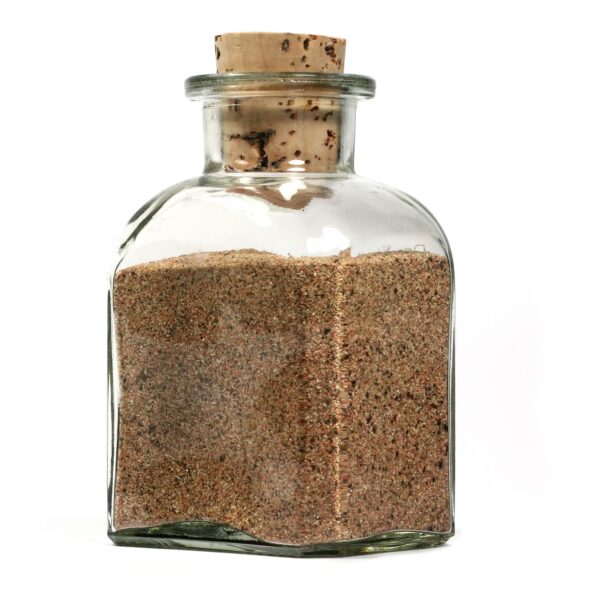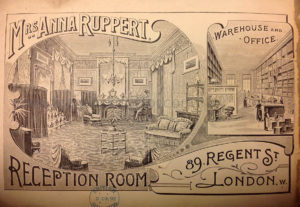
Deep in the piney woods of Louisiana there grow certain herbs. Clean, fresh, green little herbs they are, redolent with the smell of the pines and of the wholesome earth that has given them birth.
Years ago, a nameless tramp discovered that these little herbs contained a marvelous power to relieve kidney and bladder disorders in the human system…
The poetic history of the Hobo Kidney and Bladder Remedy refrains from explaining exactly how the tramp’s revelation occurred. It is nevertheless a good example of promoting a product through emphasis on natural goodness and purity – an advertising manoeuvre that’s still going strong today. In honour of its down-to-earth origins, the remedy was named for the hapless itinerant fellow who first stumbled across it (although perhaps he would have been more impressed with a share of the profits and for someone to have had the wherewithal to ask his actual name).
Several consignments were seized under the Food and Drugs Act during 1920, and analyses showed that Hobo was 98% water, with plant extracts (probably goosegrass, traditionally reputed to act against kidney and bladder conditions), potassium nitrate, and benzoic and salicylic acids or their salts. There was truth in the assertion that it didn’t contain alcohol or habit-forming drugs, but other claims went beyond the capabilities of the ingredients.
The booklet accompanying the product said that it would bring ‘speedy relief to all the tortures that kidney and bladder problems entailed,’ while the bottle label presented it as a treatment for ‘Bright’s disease, Acute and Chronic Cystitis, Renal and Vesical Pus or Blood in Urine, Incontinence and Retention, Albuminaria and all Ailments caused from Defective (Kidneys and Bladder) Elimination.’
Headaches, backache, dizziness, forgetfulness, weakness and rheumatism would also succumb to the non-existent anonymous tramp’s herbal discovery.
Sources:
The Bienville Democrat, (Arcadia, LA) 1 July 1920
The Rice Belt Journal. (Welsh, Calcasieu Parish, LA) 8 May 1920
FDA Notice of Judgment. 9493. Misbranding of Hobo Kidney & Bladder Remedy. U. S. v. 48 Bottles of Hobo Kidney & Bladder Remedy.
FDA Notice of Judgment. 11181. Misbranding of Hobo Kidney & Bladder Remedy. U. S. v. 5 Gross and 2 Gross Bottles of Hobo Kidney and Bladder Remedy


